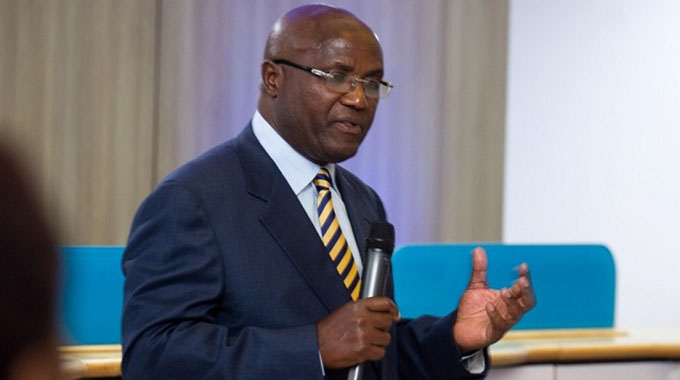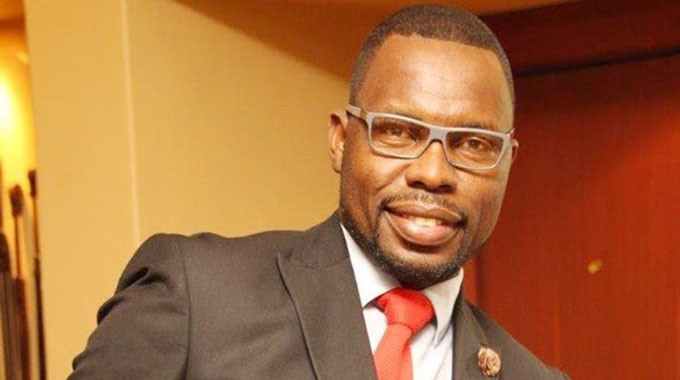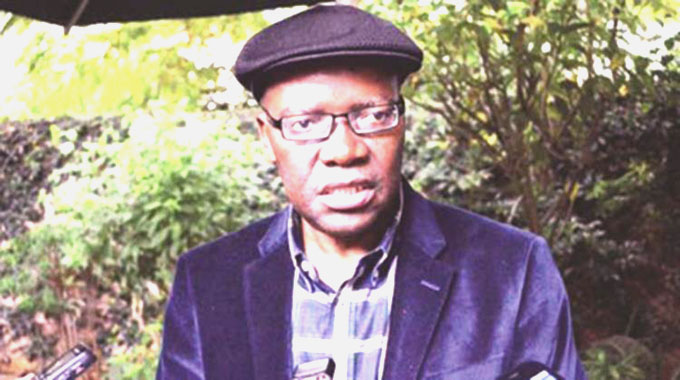Industry backs Treasury on dual currency system

Michael Tome–Business Reporter
CAPTAINS of Industry have thrown their full weight behind Finance and Economic Development Minister, Professor Mthuli Ncube’s insistence that Zimbabwe will not adopt the US dollar as the country’s sole currency, but that it would work progressively to defend the value of the local unit.
Commentators are of the view that the responsible authorities should continue to seek ways to preserve the value of the Zimbabwe dollar.
This comes amid exchange rate volatility on the parallel market, where rates are nearly double the official Reserve Bank of Zimbabwe’s (RBZ) auction market exchange rate.
Zimbabwe adopted the greenback in February 2009, which partly led to higher production costs and stiff competition from regional countries whose products were being imported into the country at a lower cost.
Exports were also rendered uncompetitive as they competed with products from countries that manufactured using softer currencies like the South African rand and Botswana’s pula.
In an interview, Dairibord chief executive Anthony Mandiwanza, a former Confederation of Zimbabwe Industries (CZI) president, said the use of the US dollar (mono-currency) alone was detrimental to local industry’s efforts to grow capacity utilisation.
“If the country becomes 100 percent dollarised, which is what we went through in 2009 to about 2013, and we were trading against South Africa and Botswana, which have softer currencies, the net-result was goods produced in Zimbabwe were more expensive than goods from the two countries.
“To that end, I agree with the minister to say that adopting a mono-currency is not a solution, the solution is a continuation of the dual currency,” said Mr Mandiwanza.
Furthermore, he said the central bank and the Government should maintain a stranglehold on the printing of local currency to control money supply growth in the economy.
“The central bank should not be printing money unreasonably, because excessive printing will result in depreciation of the Zimbabwe dollar, and when the Zimbabwe currency continues to depreciate it ceases to be a storage of value and medium of exchange.
“There should be a raft of fiscal and monetary measures that should be implemented judiciously,” added Mr Mandiwanza.
Zimbabwe National Chamber of Commerce (ZNCC) chief executive Mr Christopher Mugaga said much emphasis should not be placed on what currency should be used in Zimbabwe, but measures that are thoughtfully taken to ensure the value of the Zimbabwean dollar is jealously guarded.

Mr Mugaga
“Having a mono-currency (US dollar) has its own implications, we have learned this since 2009, the minister should not delve much into currencies adoption, but should deal with fundamentals that are needed to sustain a currency, than to spend more time talking about choice of currency, because history has told us that we do not have a say when a currency knocks our doors, but they come as a result of market realities.
“So the focus should be on making sure that the US dollar does not dominate the local economy, it should not dominate our currency dynamics or framework, there should be in the Zimbabwe dollar.
“The Government, through the Minister of Finance and Economic Development should do everything it takes to save the local currency, we need to sustain the Zimbabwe dollar, thereby giving it another chance but that comes through making sure that we do not print on a willy-nilly, we need to monitor money supply,” said Mr Mugaga.










Comments